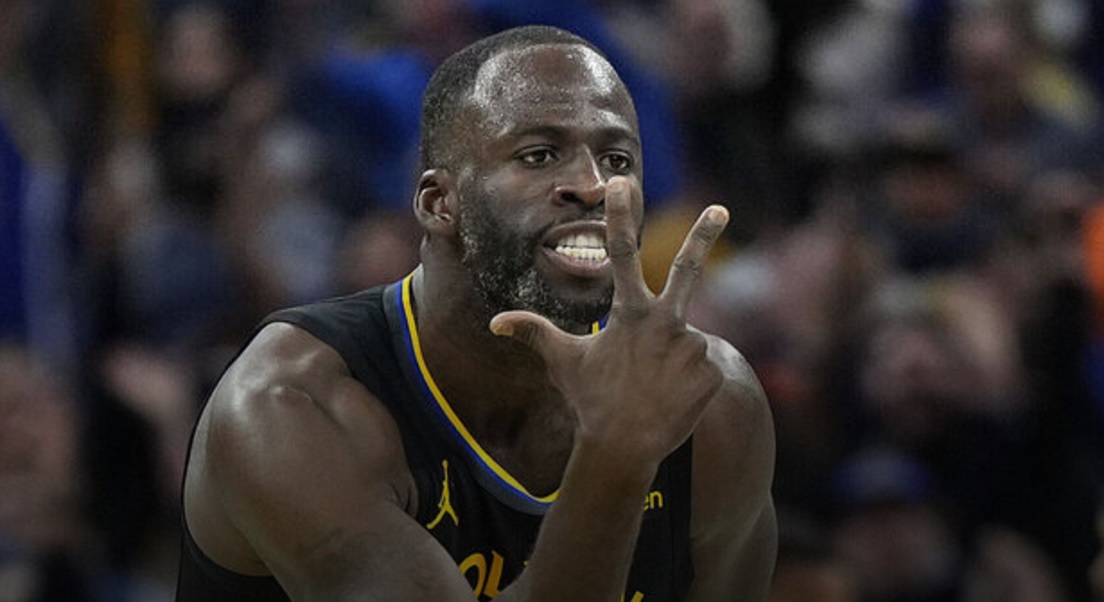Vikander plays Mira, an American actress who has become a household name through blockbusters but is seeking a more serious project to prove her acting chops, while also trying to avoid a tabloid scandal and her ex-girlfriend Laurie (Adria Arjona). So she jets off to France to star as the title character in “Irma Vep,” a TV remake of both the French silent film “Les Vampires,” a real film by Louis Feuillade, and a previous project from the director, Rene Vidal (Vincent Macaigne). Yes, “Irma Vep” is incredibly meta, commenting regularly on its own existence, but never in a way that’s pretentious. Assayas is playing around with his own art form, shifting how the original film commented on the French film industry to update it to where filmmaking is in the 2020s, including the habit of expanding ideas from feature length to the mini-series format.
The incredibly anxious Vidal struggles from the beginning of the project, unable to get it insured when he admits to taking anti-depressants. He’s constantly fighting against his cast and crew, but mostly seems stricken by insecurity, heightened by the fact that the original film he made led to a doomed relationship which he seems to not yet be over. He struggles to connect to Mira and is often bossed around by the amazing Gottfried (Assayas regular Lars Eidinger), an actor introduced stumbling off the train and telling an assistant director about his recent addiction to crack. There’s a quiet celebrity and gender commentary in “Irma Vep” in that it seems like actors like Gottfried can get away with literally anything while Mira has to watch her every move and Rene is doubted by everyone around him.
The main charm of “Irma Vep” is its razor-sharp dialogue, conversations that flow so smoothly and lightly they never call attention to their wit even as they’re some of the smartest on television. “Irma Vep” is so light on its feet that the meta commentary on filmmaking and the form of the mini-series is merely backdrop to enjoyable conversations between fully-considered characters. Vikander hasn’t had this much fun on screen before, and she gives a loose, genuine performance, feeling like she’s actually responding to what’s in front of her instead of manufacturing a character. Everything here is so lived-in, which is usually impossible when something is this meta. So many writers emphasize the commentary or the theme, but Assayas is so smart that he can weave his ideas through characters that aren’t merely like his mouthpieces.
You can view the original article HERE.





























